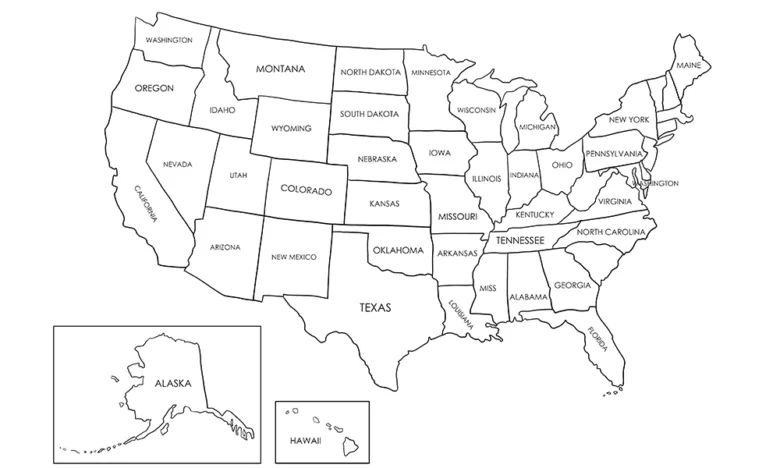
If you’ve ever found yourself in a confusing dance with your digestive system, trying to figure out what triggers discomfort and bloating, you’re not alone. Today, we’re diving into the fascinating world of FODMAPs, a term that might sound like a distant galaxy but is a key player in the intricate symphony of our digestive process.
What on Earth Are FODMAPs?
FODMAPs, or Fermentable Oligosaccharides, Disaccharides, Monosaccharides, and Polyols, are a group of small carbohydrates that can be a bit of a mouthful to pronounce, but understanding them can make a world of difference to your digestive well-being. Let’s break down this acronym into bite-sized pieces.
Fermentable:
FODMAPs are carbohydrates that can be fermented by the bacteria in our gut. While fermentation may conjure up images of sauerkraut and pickles, in the context of FODMAPs, it means these carbs can be broken down by bacteria in our intestines, leading to the production of gas.
Oligosaccharides:
These are short-chain carbohydrates found in certain foods. The most common types of oligosaccharides are fructans and galacto-oligosaccharides. They’re present in foods like wheat, onions, garlic, and legumes.
Disaccharides:
Disaccharides are double sugar molecules, and lactose is a prime example. If you’ve ever felt bloated after indulging in a dairy-heavy meal, it might be due to your body’s struggle to break down lactose.
Monosaccharides:
These are single sugar molecules, and the focus here is often on fructose. High-fructose foods, like certain fruits, can be a source of digestive distress for some individuals.
Polyols:
Polyols, also known as sugar alcohols, are found in certain fruits, vegetables, and sugar substitutes. Sorbitol and mannitol are examples of polyols that can wreak havoc on sensitive stomachs.
The Lowdown on FODMAPs and Digestive Distress:
Now that we have a grasp on the FODMAP alphabet soup, let’s explore why these tiny compounds can sometimes lead to digestive discomfort.
1. Irritable Bowel Syndrome (IBS):
FODMAPs have been identified as potential triggers for symptoms associated with Irritable Bowel Syndrome, a common gastrointestinal disorder. Individuals with IBS may experience abdominal pain, bloating, gas, and changes in bowel habits.
2. Fermentation and Gas Production:
As FODMAPs make their way through the digestive tract, they become a feast for our gut bacteria. The fermentation process that follows can result in the release of gases, causing bloating and distension.
3. Water Retention:
Some FODMAPs have an osmotic effect, drawing water into the intestine and potentially leading to diarrhea in sensitive individuals.
Navigating the FODMAP Minefield:
So, how does one go about navigating the FODMAP minefield and promoting digestive harmony? The answer lies in the low FODMAP diet.
1. The Low FODMAP Diet:
Developed by researchers at Monash University in Australia, the low FODMAP diet is an approach that involves reducing the intake of high-FODMAP foods for a specified period. This allows individuals to identify specific triggers for their digestive symptoms.
2. High-FODMAP Foods to Limit:
Common high-FODMAP offenders include:
Wheat-based products
Onions and garlic
Certain fruits (e.g., apples, watermelon, cherries)
Legumes
Dairy products containing lactose
Artificial sweeteners (containing polyols)
3. Low-FODMAP Alternatives:
Fear not, fellow foodies! The low FODMAP diet doesn’t mean a lifetime of bland meals. There are plenty of delicious alternatives, such as:
Gluten-free grains (quinoa, rice)
FODMAP-friendly fruits (e.g., strawberries, kiwi)
Lactose-free dairy options
Infusing dishes with herbs and spices instead of onion and garlic
Finding Your Digestive Sweet Spot:
Embarking on the low FODMAP journey can be both empowering and confusing. It requires diligence in reading food labels, experimenting with alternative ingredients, and being attuned to your body’s signals. It’s like solving a puzzle where the prize is a happy digestive system and improved overall well-being.
If you’ve been nodding along, recognizing the nuances of your digestive journey, it might be time to take the next step toward a happier gut. I’m offering a free discovery call to dive deeper into your specific concerns, answer your burning questions, and provide personalized guidance on your FODMAP adventure.
Remember, it’s not about restriction; it’s about discovering what works best for your unique digestive system. So, whether you’re already a seasoned low FODMAP explorer or just dipping your toes into the world of gut health, here’s to a future filled with delicious meals and happy tummies!










